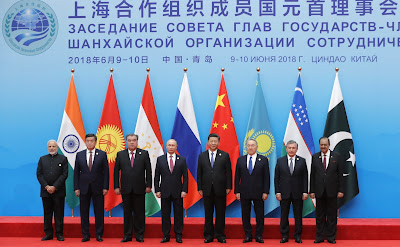By Mukhtar Alam
(Pakistan News & Features Services)
(Pakistan News & Features Services)
Following criticism over the tragic death of a corona positive radiologist onboard an ambulance, the Sindh government has finally moved to a damage control on May 6.
The Sindh Health department placed the services of a junior doctor posted at the Civil Hospital Karachi in the wake of a report furnished by its emergently ordered fact finding committee regarding death of a corona positive patient, Dr Furqan ul Haq, a resident of Gulshan-e-Iqbal Karachi.
The committee, headed by Fayaz Hussain Abbasi, a special secretary at the health department, recommended initiation of disciplinary actions against a medical officer, saying that the doctor should have admitted Dr Furqan, a critically ill patient, even though he wanted to go somewhere else since there were nine vacant ICU beds in CHK.
“It was a misjudgment on his part and an act of omission rather than deliberate; despite all that, a patient lost his life.”
In the findings section of the report, the committee reported that the emergency staff of CHK had referred the patient (Dr Furqan) to COVID-19 control room where the medical officer on duty, a grade-17 doctor) saw the patient.
“Instead of admitting him, he advised him to contact the concerned doctor (an officer at another hospital) who had arranged a bed for him.”
The death of the radiologist, Dr Furqan-ul-Haq, a retired officer of the Karachi Institute of Heart Diseases (KIHD), was highlighted by social media as well as television channels, claiming that he, onboard the ambulance, tried at a couple of hospitals for an intensive care intervention but failed.
Earlier, the provincial government’s spokesperson had regretted the death of Dr Furqan at a press conference. Praising the efforts of his government related to coronavirus, he shared that the government has decided to purchase 250 disposable ventilators.
On May 6, the Sindh health department also issued an advisory saying: Every COVID-19 positive case shall be at his or her liberty to be isolated either at home or isolation centre; None shall be forcefully shifted to isolation centre, if proper space is available in his/her residence and the patient or the family members agree to his/her home isolation.
It was further said in the advisory that the COVID-19 patient was bound to strictly observe the SOPs narrated or explained by the healthcare providers for home isolation. “In case of any violation that exposes community to the infection then the patient shall be shifted to isolation centre.”








